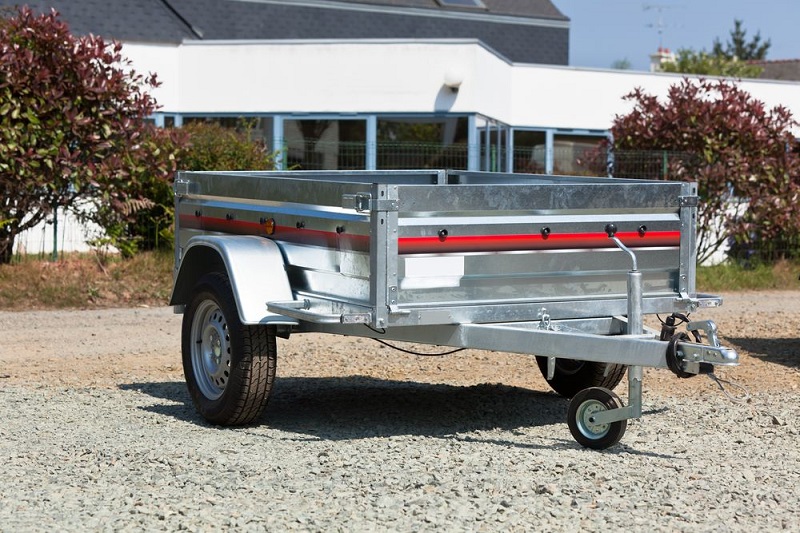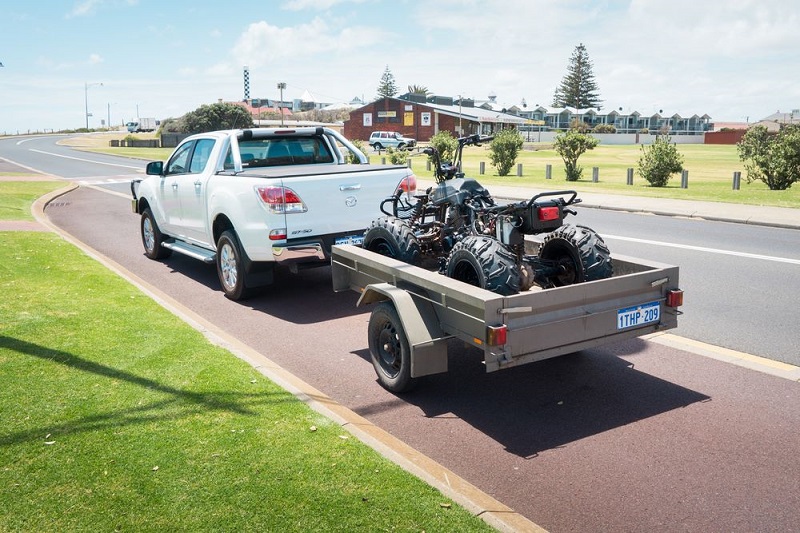5 Types of Trailers that will Suit you Best in Different Circumstances
Modern shipment or transportation of goods from one place to another is heavily dependent on road transport. Trailers are primary vehicles that are used for carrying different types of goods from one place to the other. Different types of trailers that are operated during transportation serve a variety of purposes. Several trailers are used to perform different actions and carry various types of goods. One trailer cannot carry all types of machinery. As a result, various kinds of trailers operate in the market and are used by agents of different companies.

- Flatbed trailers: These are among the most commonly used trailers and are popular because of their versatility. Flatbed trailers can be used to carry everything from lumber to steel coils. Flatbed trailers do not come with containing boxes and the goods are tarped on them. These vehicles can carry weight up to 48,000 pounds. Usually, flatbed trailers are 48 feet to 53 feet in length at least 8.5 feet in width and at most 8.5 feet in height. In general, they are about 60 inches height from the ground. Loading and unloading cargo from flatbed trailers is easier as compared to other varieties.
- Dry Vans: Also known as enclosed trailers, dry vans are very popular among freight containers for interstate cargo shipping. They are similar to flatbed trailers but come with a box around it. This makes the vehicle weather-proof and enables the cargo to be stored in a dry environment. Dry vans are used to ship electronics, clothes, groceries and other food items. The maximum weight that a dry van can carry is about 42,000 pounds. The length of a dry van varies from 48 feet to 53 feet. Unloading cargo from a dry van requires a pallet jack or forklift.
- Refrigerated trailer: A Refrigerator trailer is another variety of a dry van that is equipped with a cooling system. These trailers are meant to transport goods that would otherwise get spoilt in warm environments. They are primarily used for transporting food items, frozen eatables, and crops. Refrigerator trailers are meant to keep the goods fresh and prevent them from rotting. These trailers are also used to transport pharmaceuticals. They can carry weight up to 42,000 pounds and are about 8.2 feet in width and less than 8 feet in height.
- Lowboy trailers: Lowboy trailers are used for transporting heavy goods. Heavy-duty construction equipment and other industrial machinery are usually shipped with the help of these trailers. They are robust and can carry heavy load ranging from 40,000 pounds to 80,000 pounds. These trailers come with multiple axles on them to carry heavy loads. Usually, they are taller than other varieties of trailers. Lowboy trailers also require special permits for their operation and have to adhere by strict legal regulations.
- Specialty trailers: Specialty trailers are used for transporting specific types of goods. Fuels or other liquids are shipped in specialized tankers. These trailers are custom made to suit the specifications of the transporter. For carrying hazardous materials, specialized trailers are built with all the necessary precautions. Naturally, strict regulations have to be followed by people operating these vehicles. Different specialty trailers operate at different weight limits which can go up to 200,000 pounds. Special permits and license are required by the drivers operating these vehicles. Generally, specialty trailers cost more than ordinary trucks.

However, they make transportation extremely easy between cities and even countries because of trailers so invest in high efficiency and strength trailers. These are some of the different varieties of trailers that are used to carry factory equipment, machinery, edible items, and other goods. They operate in different ways and separate permits are required for each of them.
© 2025 Created by DealerELITE.
Powered by
![]()
You need to be a member of DealerELITE.net to add comments!
Join DealerELITE.net